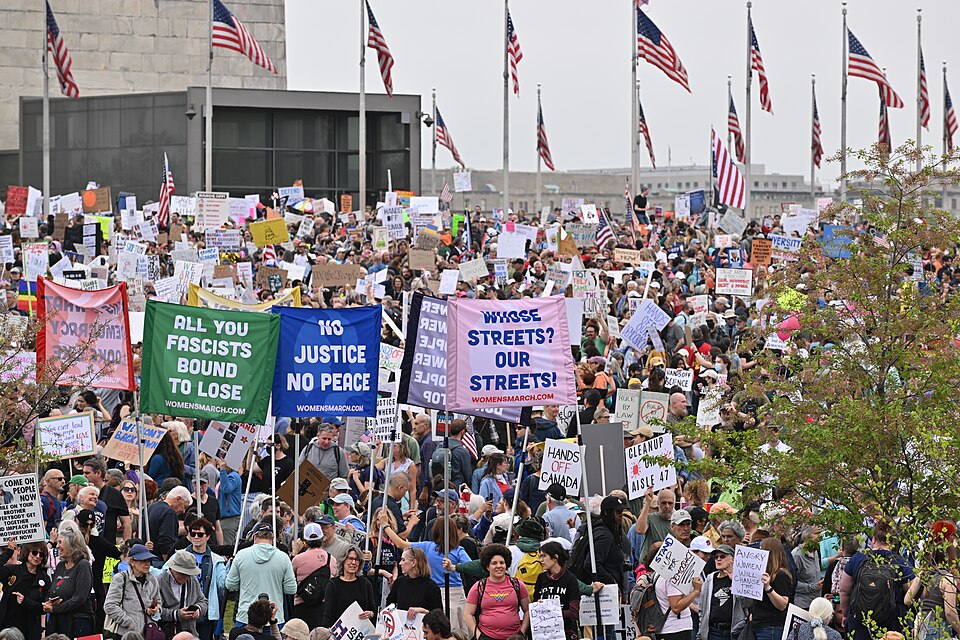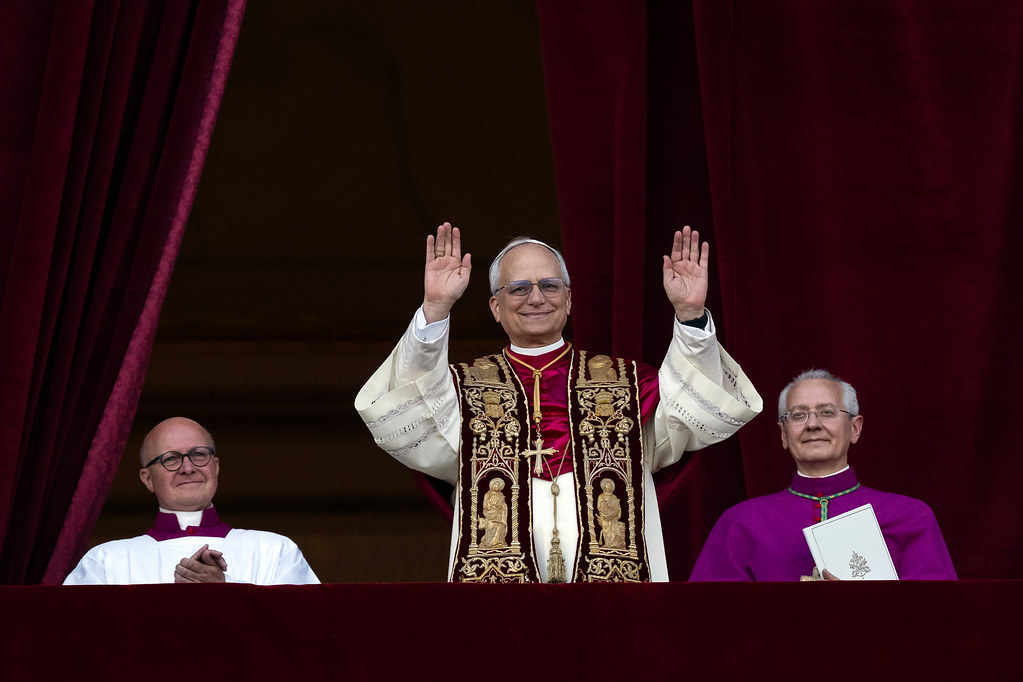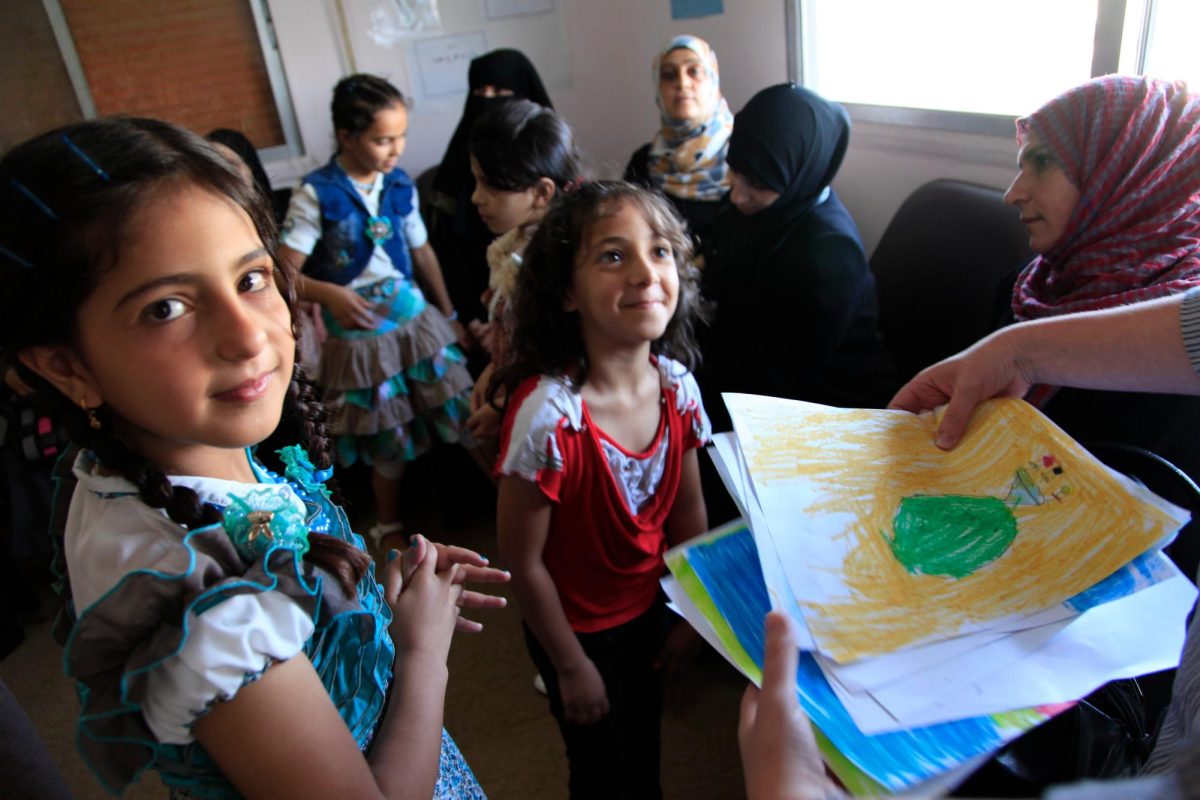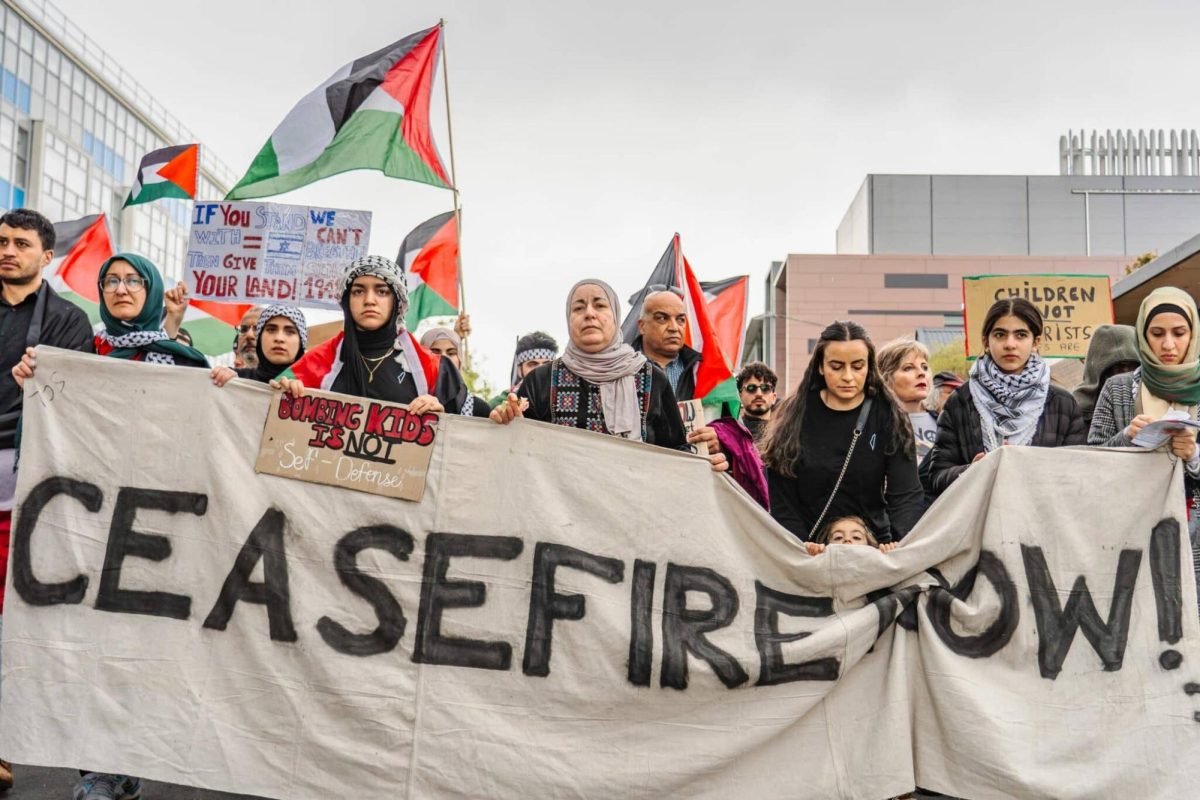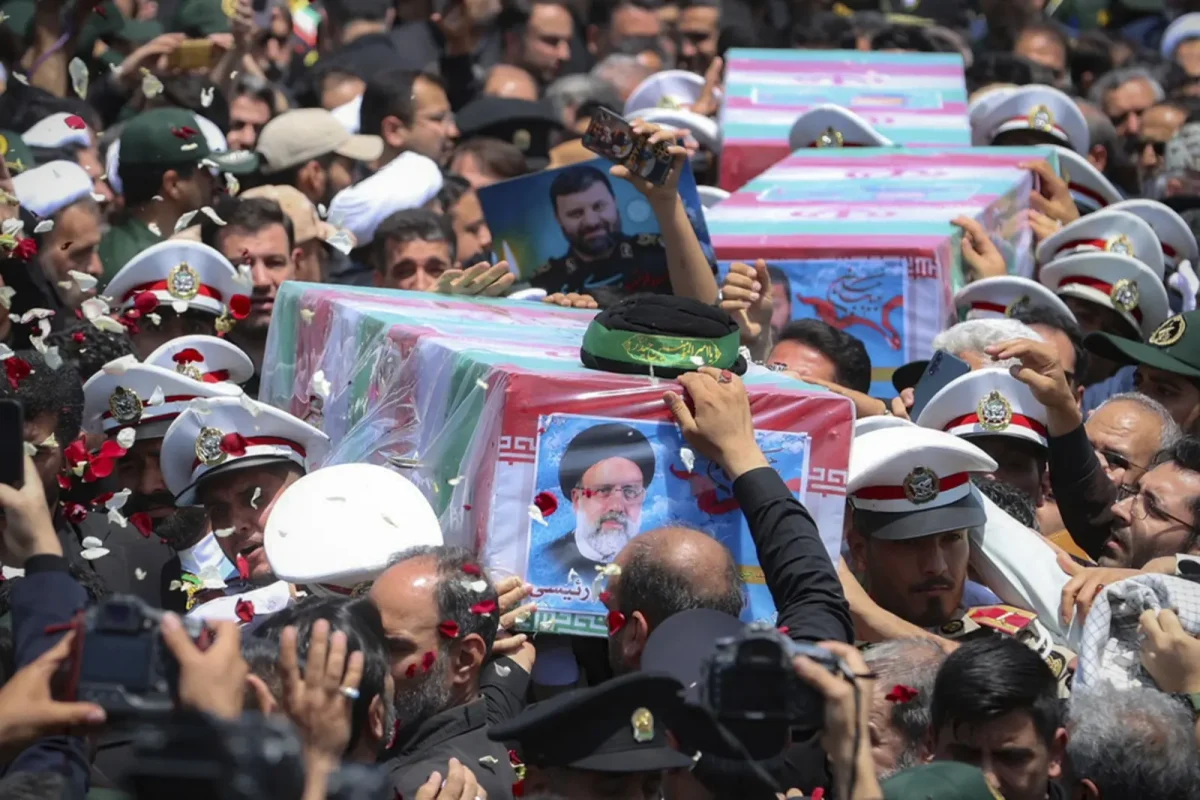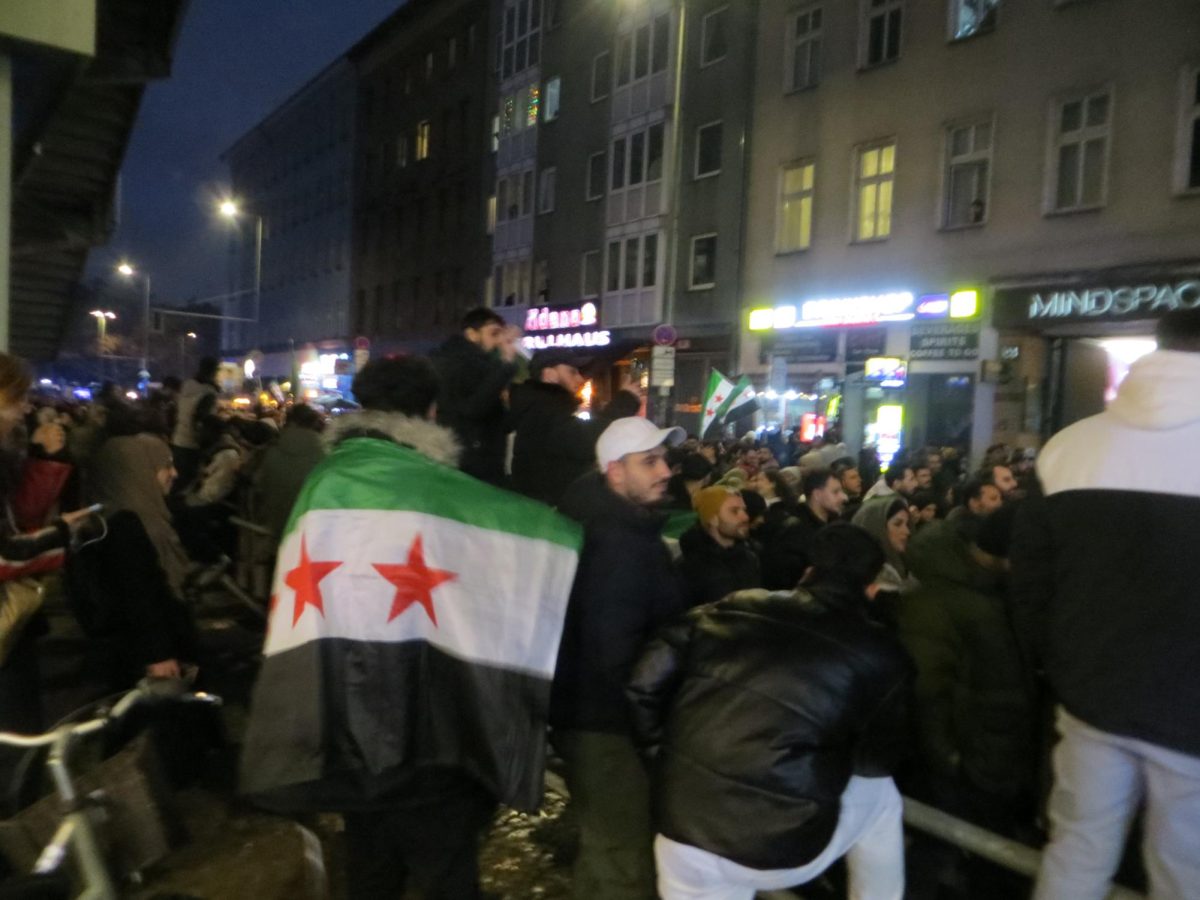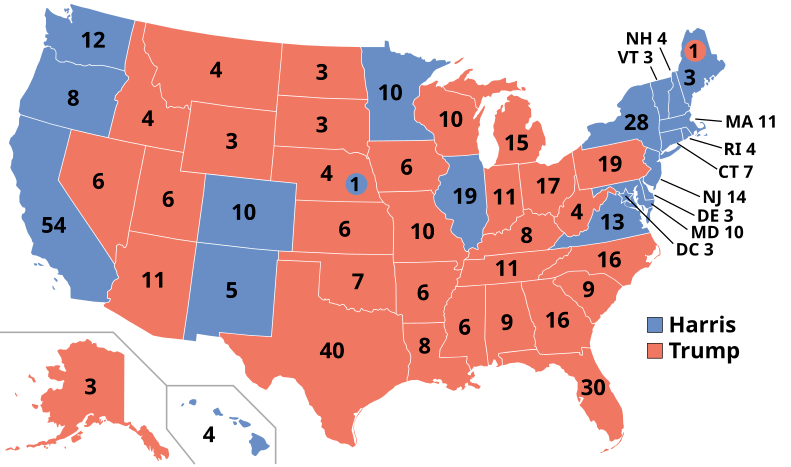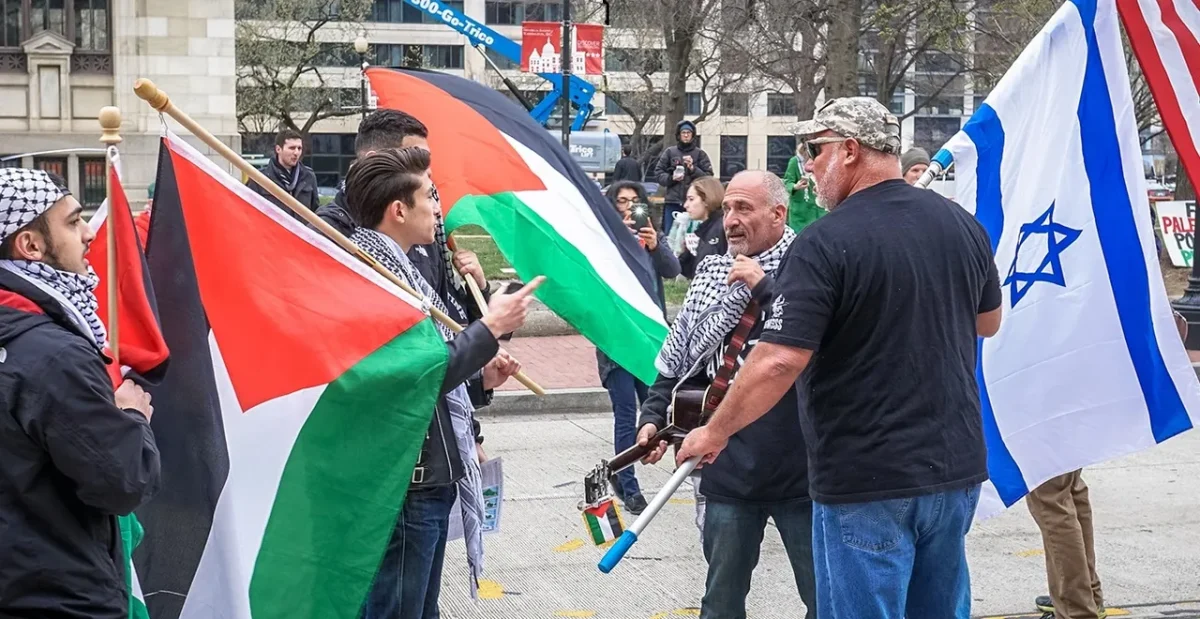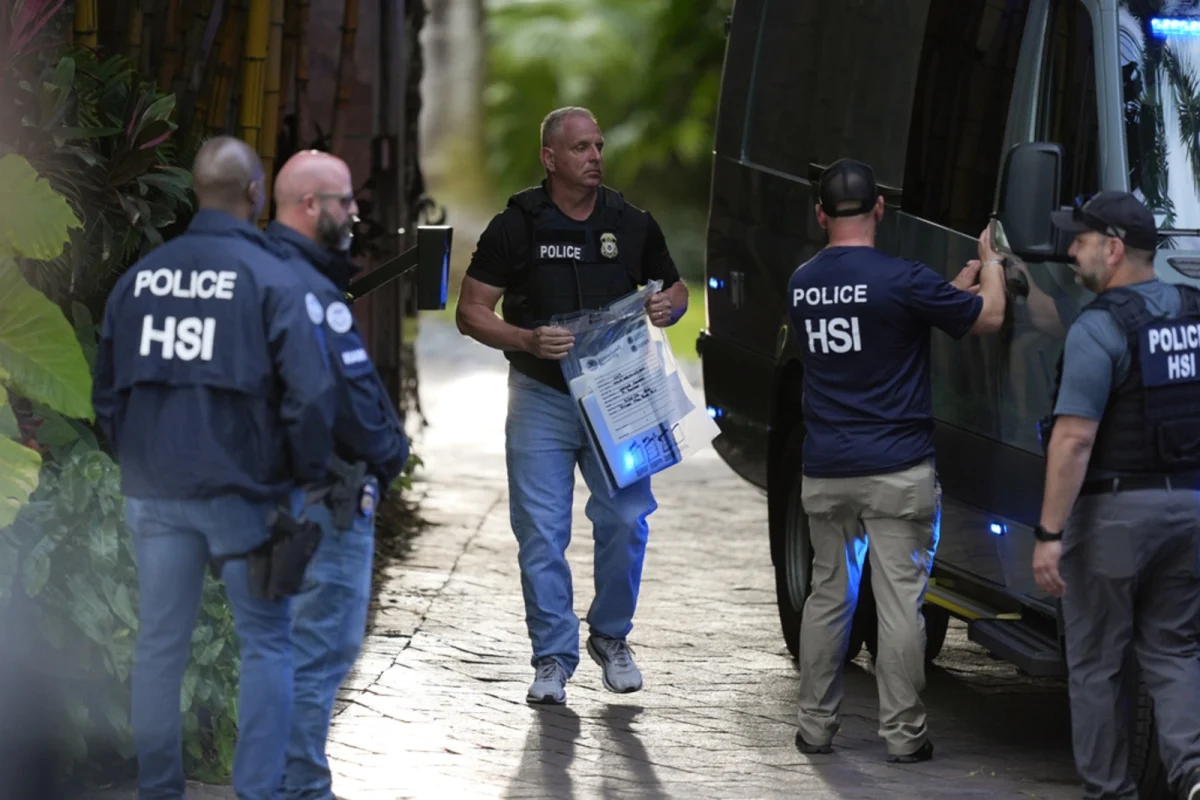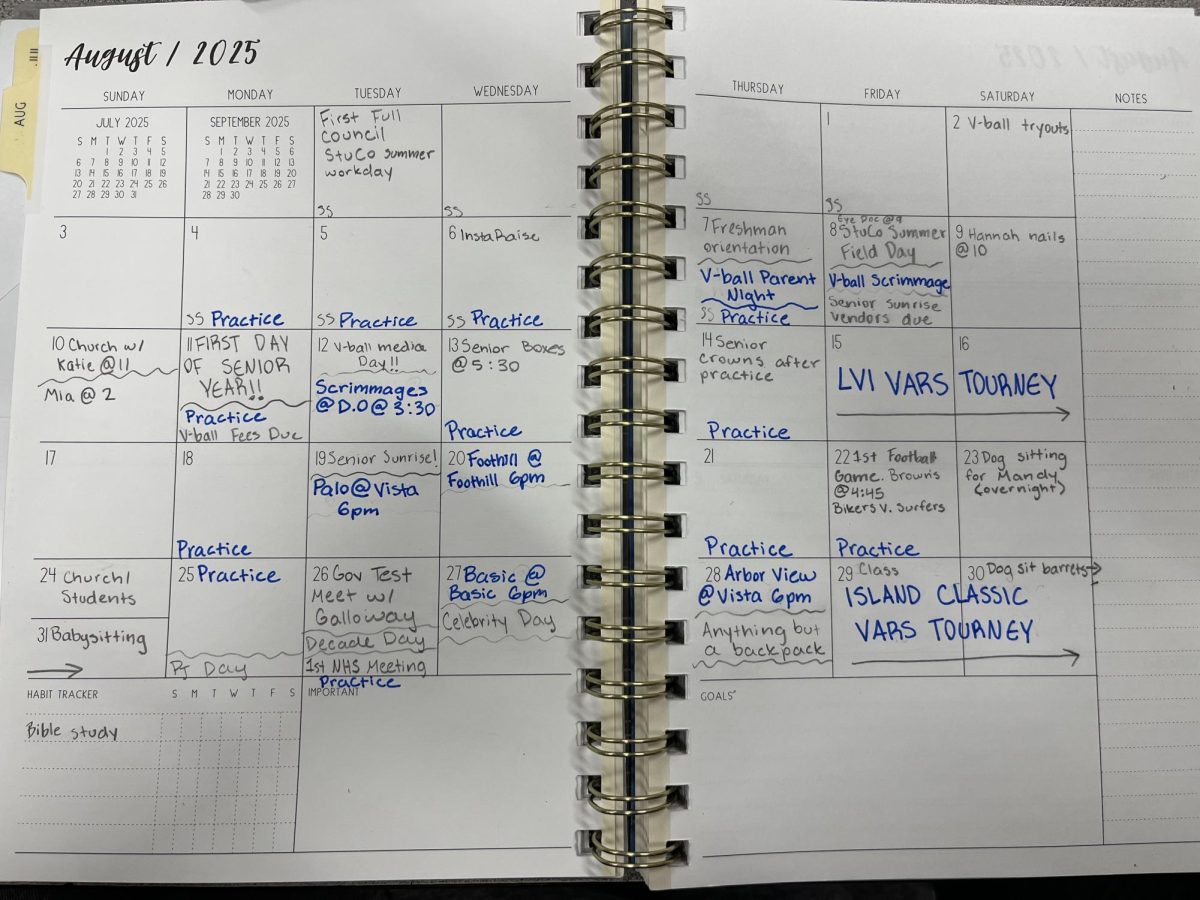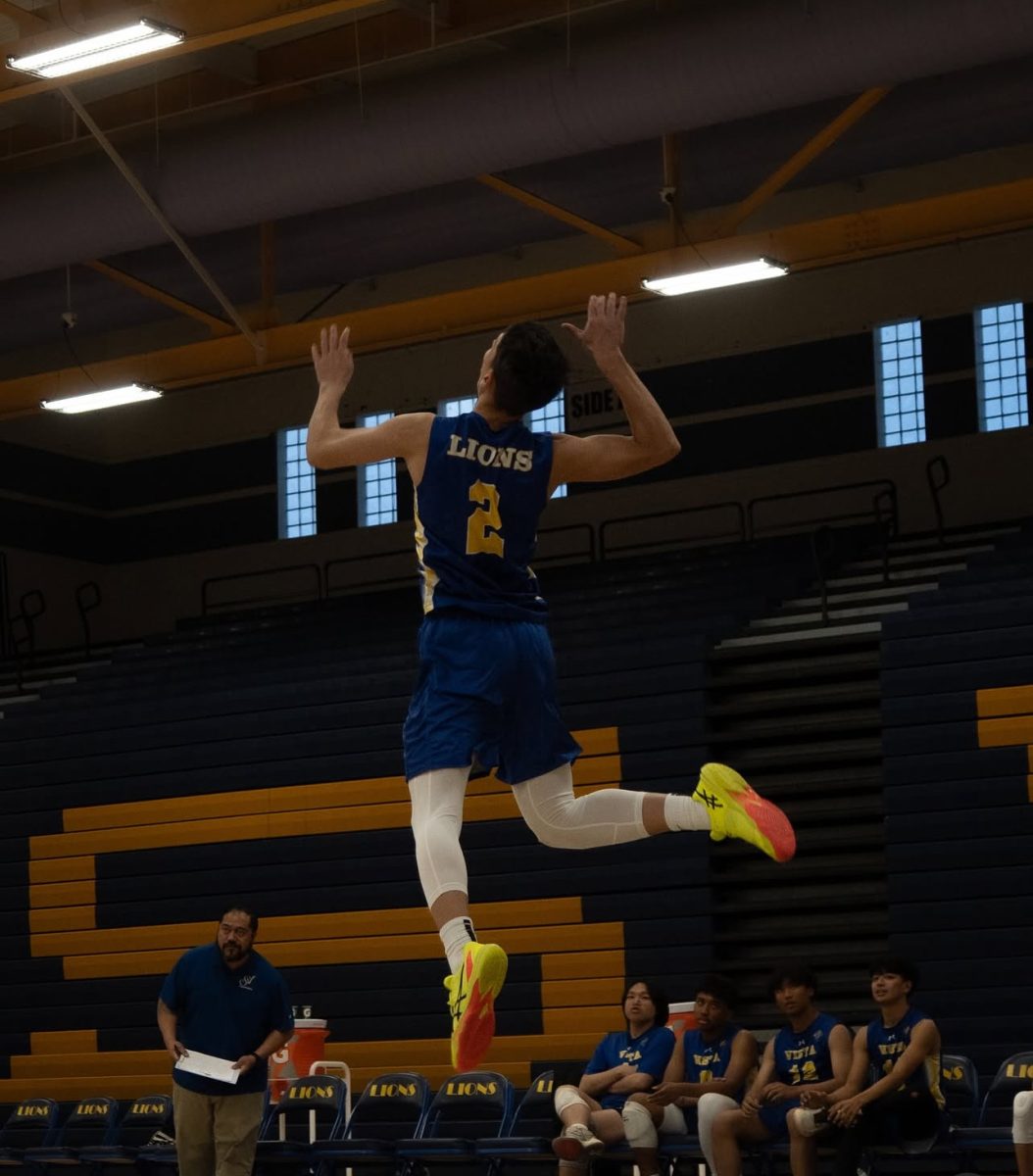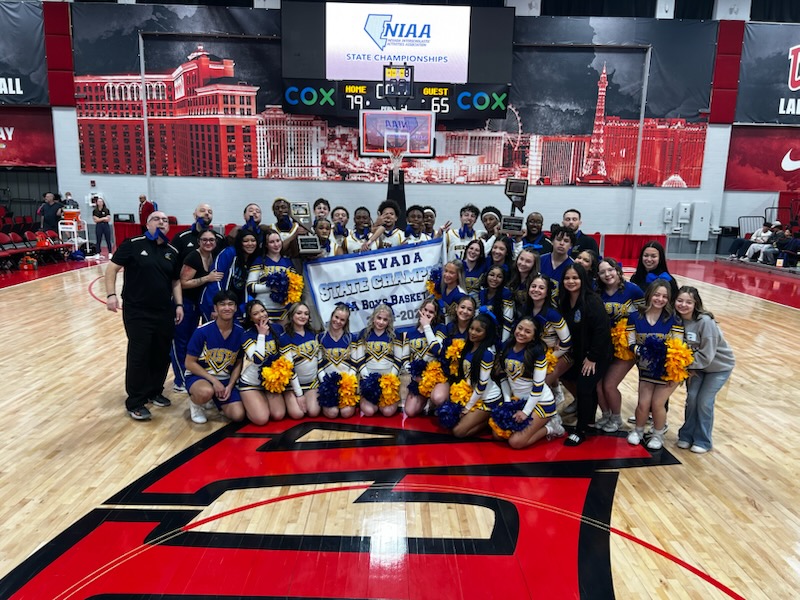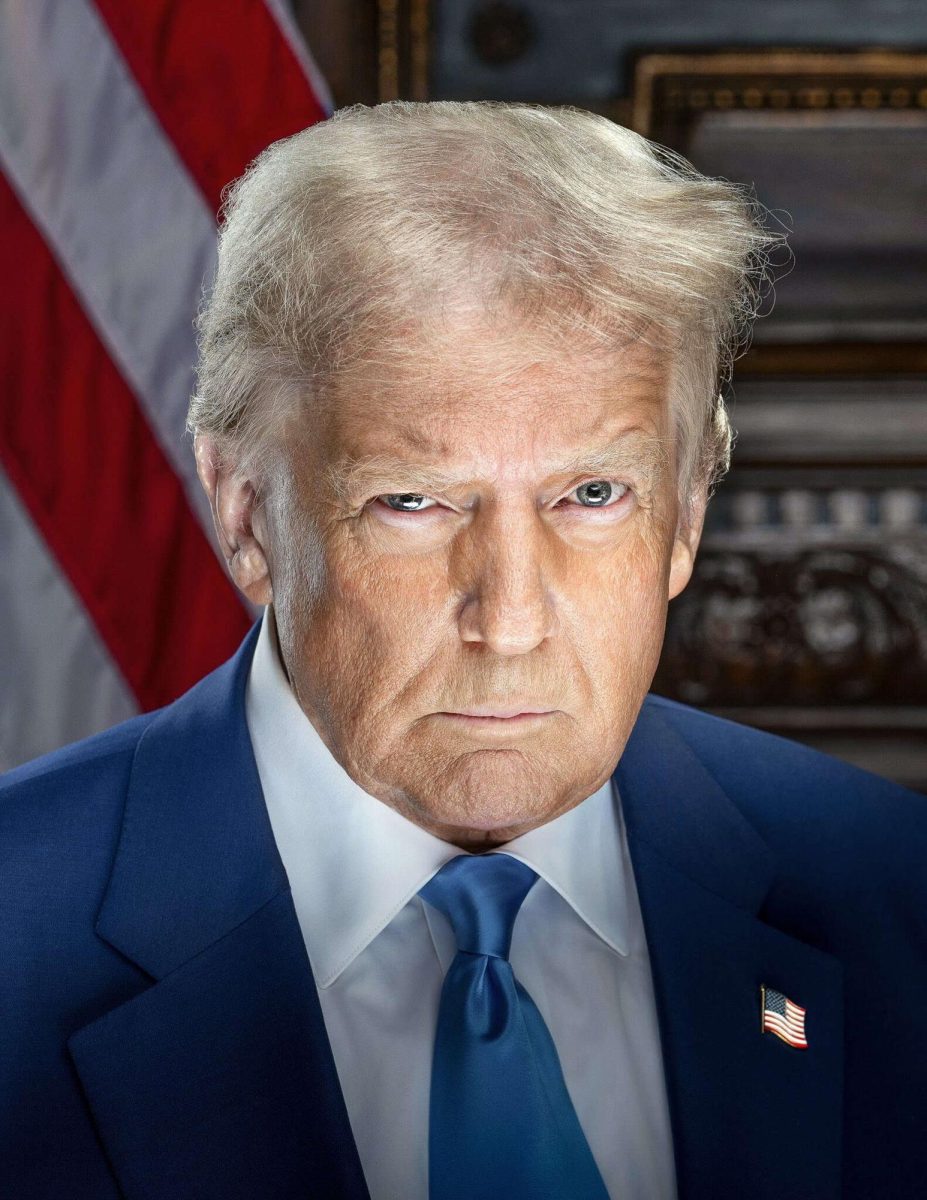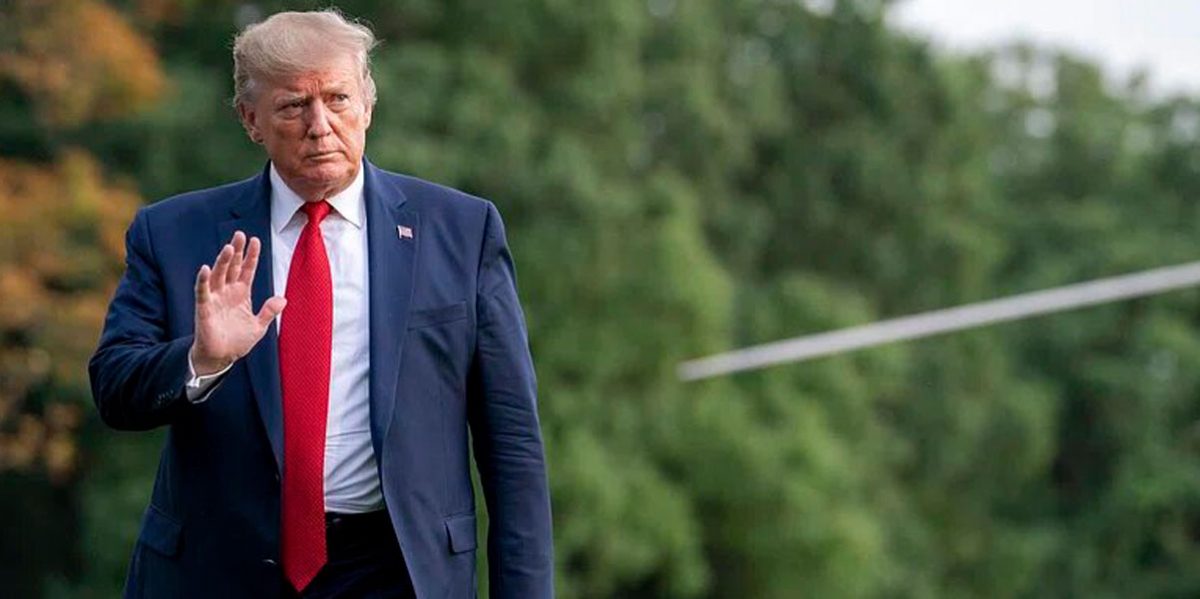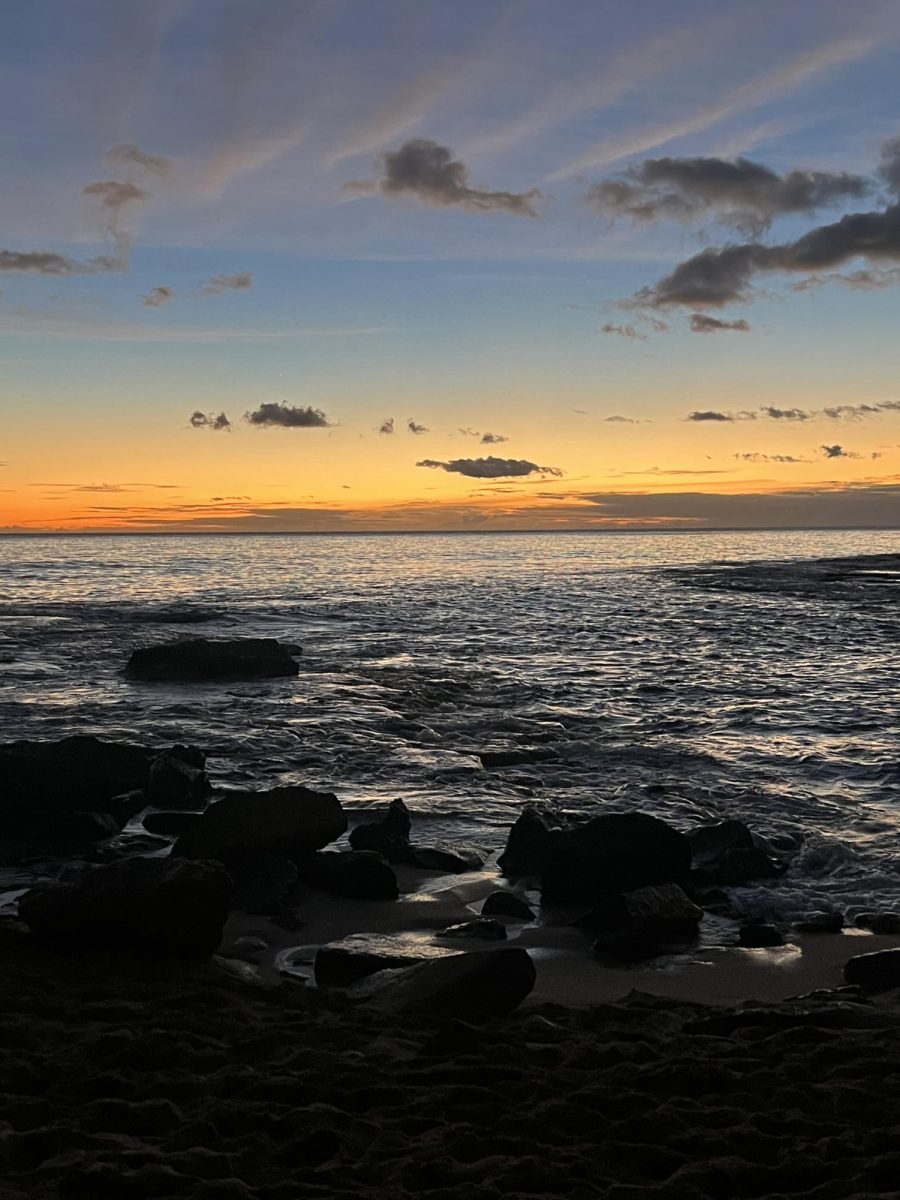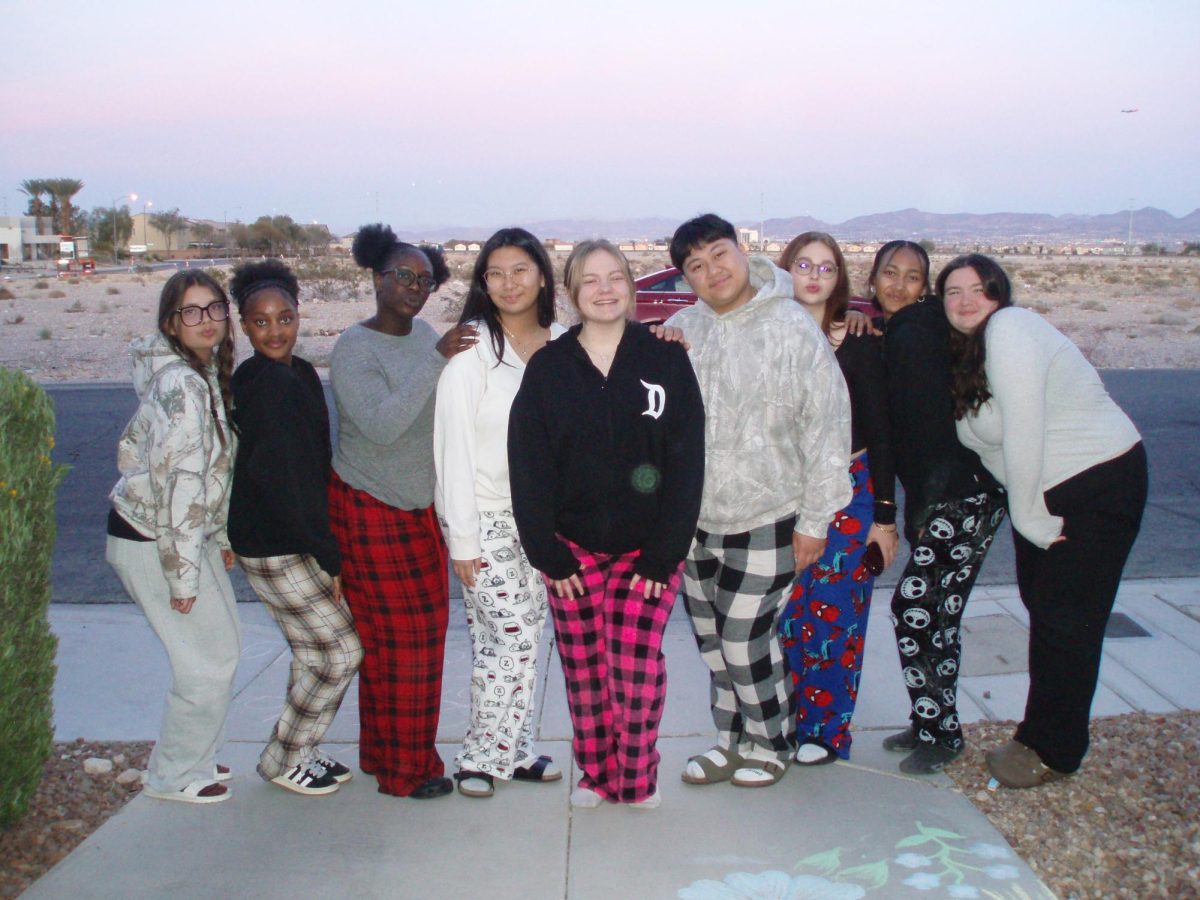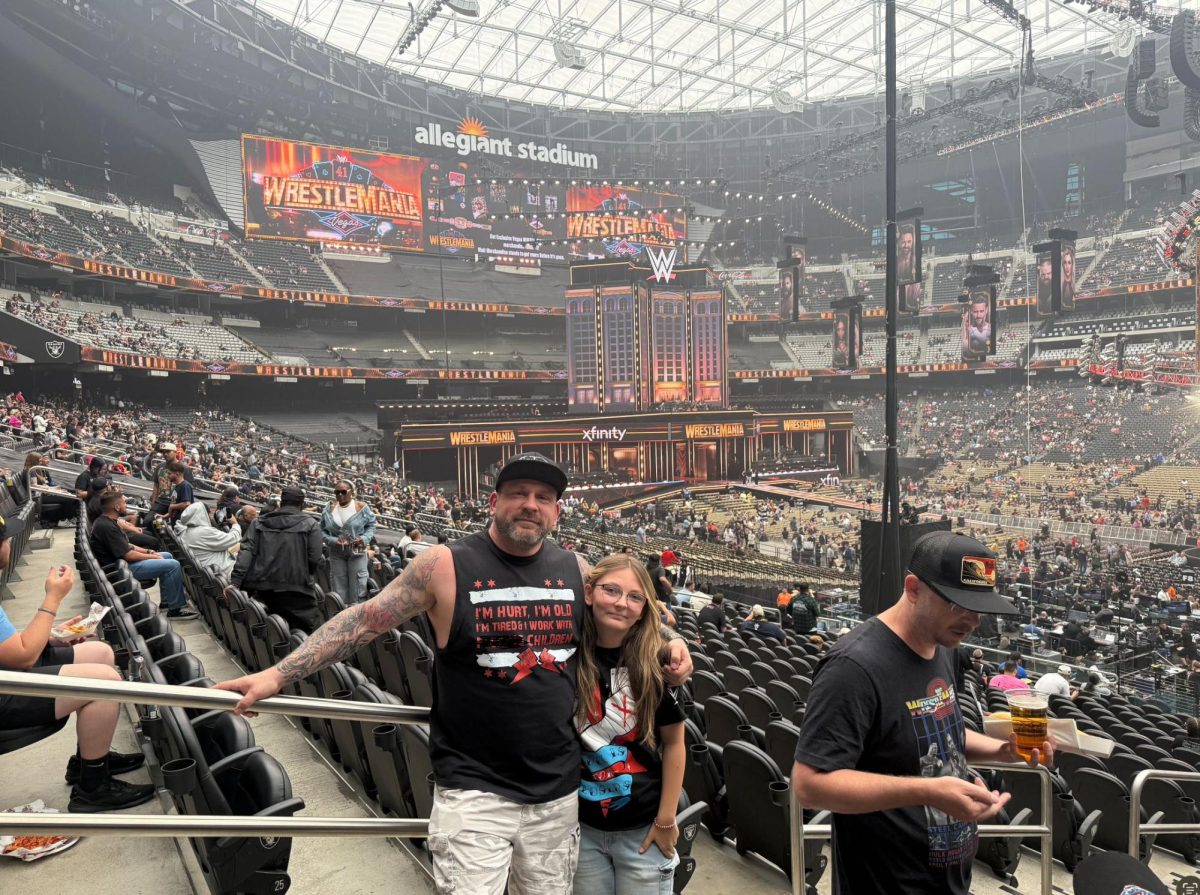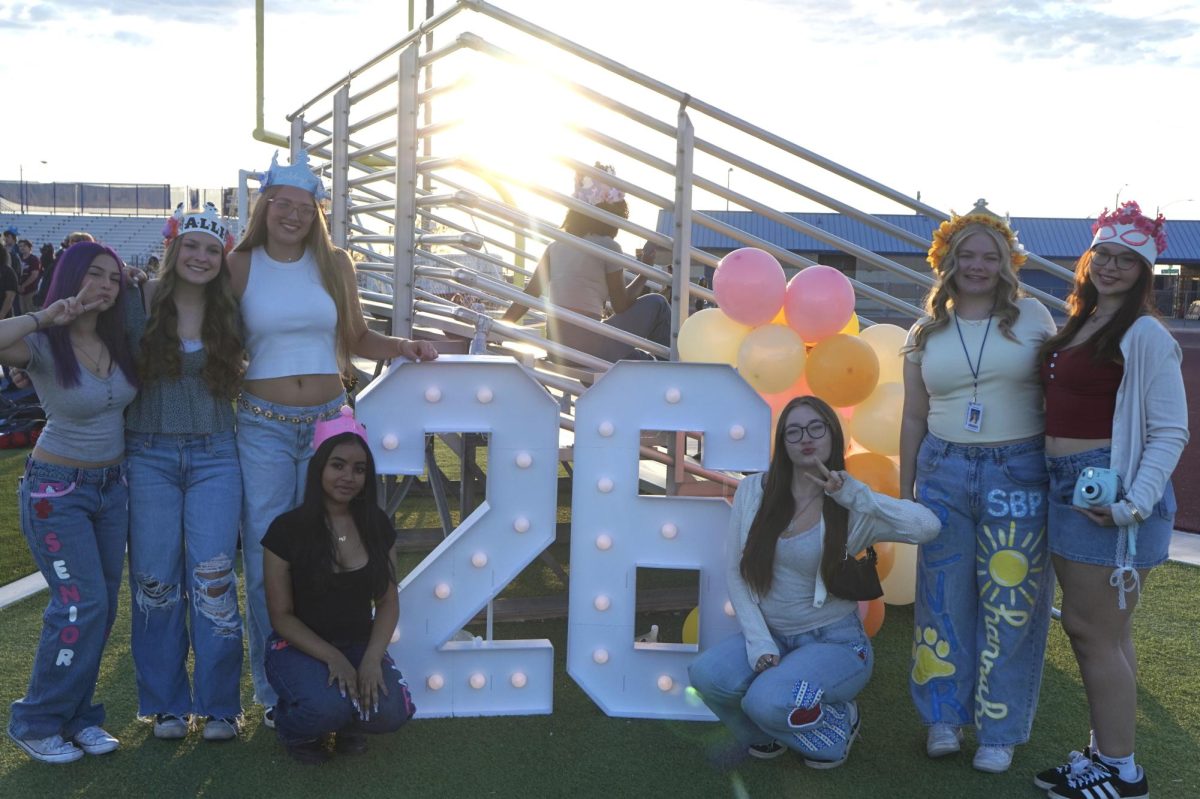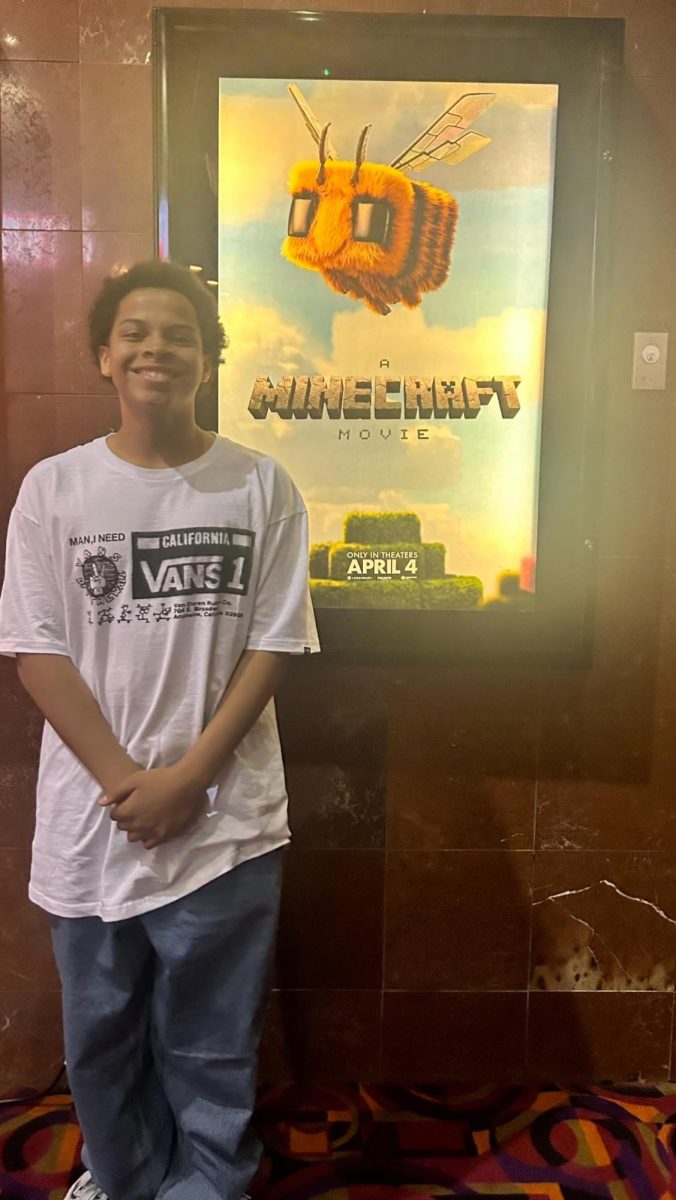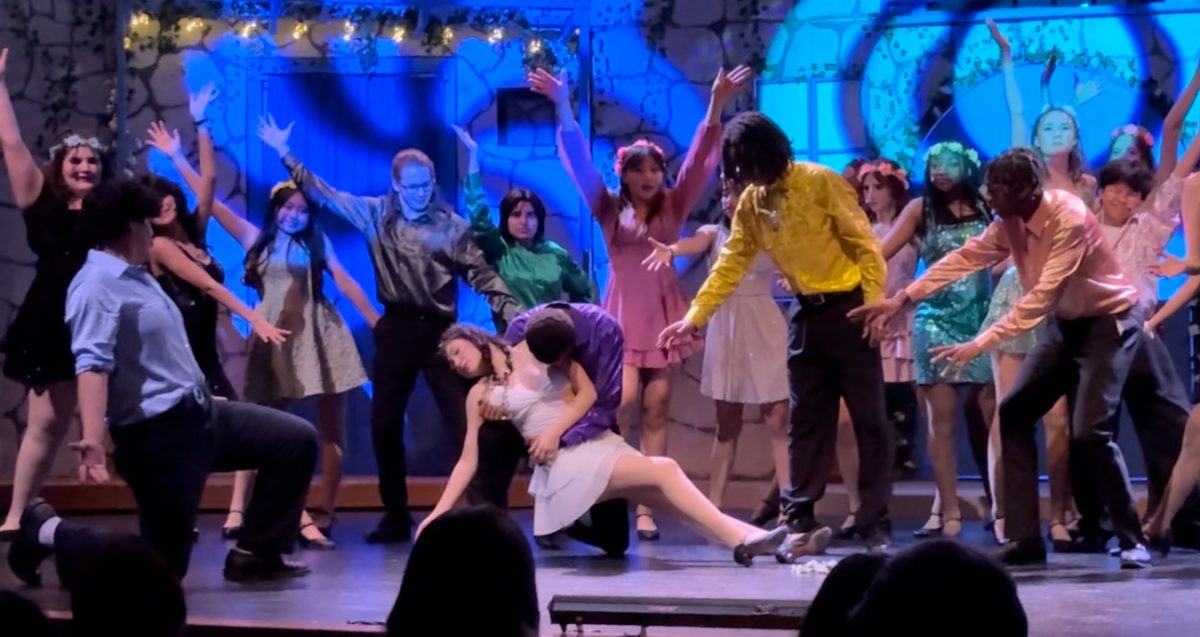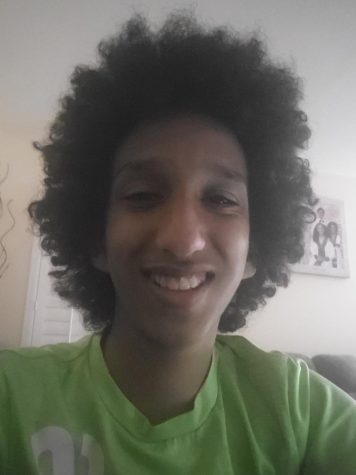A Geopolitical Dilemma
December 14, 2022
Over the course of 30 years, after the fall of the Soviet Union and the independence of Armenia and Azerbaijan, the two nations remain in constant conflict, ranging from minor skirmishes to large-scale wars. While the western media continues to focus on the Russo-Ukrainian War, the Nagorno-Karabakh border dispute remains one of the most significant ongoing conflicts in Eurasia. Since September 12, 2022, after Azerbaijan’s declaration of war against Armenia, contention only continues. The conflicts can directly link back to the disputed autonomous region of Nagorno-Karabakh in Azerbaijan.
Before the dissolution of the Soviet Union, Soviet leaders denied Nagorno-Karabakh’s referendum to join Armenia and even backed the Azerbaijani regional government in occupying the rebellious region. Still, the now Russian Federation backed Armenia and Nagorno-Karabakh. Following another referendum in Nagorno-Karabakh, the majority ethnic Armenian population voted in favor of independence as the Republic of Artsakh, albeit with the Azerbaijani people in the region boycotting the referendum. On December 10, 1991, the Republic of Artsakh officially declared independence. Armenia, now with Russian support, pushed Azerbaijani forces out of the Republic of Artsakh and occupied a further 9% of Azerbaijan’s land outside of what the United Nations legally recognizes as Nagorno-Karabakh. After three more years of conflict and 30,000 casualties, both sides established a cease-fire with an agreement on settling the dispute of Nagorno-Karabakh at a later date.
HydrocarbonsTechnology stated that with the newfound crude oil, Azerbaijan bypassing both Armenia and Russia transports its oil through pipes in Georgia to the Turkish port of Ceyhan, where it then gets exported, primarily to the European Union and Israel. Furthermore, the money produced allowed Azerbaijan to modernize its military training and equipment. In addition, the neighboring Turkish government heavily backs Azerbaijan due to cultural ties with the Azerbaijanis. Coupled with the stigma of the Armenian Genocide, (which Turkiye still denies to this day), led the Turkish government to close off the Armenian-Turkish border. Armenia, Russia, and other former Soviet states are in the Collective Security Treaty Organization, in simple terms, a Russian NATO, though, the CSTO’s reputation of failing to cease disputes and conflicts among member states only persists. Despite Armenia applying for Article IV to be set in motion, Russia rejected it with its “hands tied” in Ukraine. Thus, Azerbaijan confirmed the CSTO as incoherent, bolstering the capital of Azerbaijan, Baku, and leaving Armenia’s future as a state bleak.
With said financial support from oil and political support from Azerbaijan’s allies, Azerbaijanis fought against what they believed to be territorialism. On the other hand, Armenians believe Azerbaijan’s claim over Nagorno-Karabakh goes directly against their right to self-determination. A once-before-coexisting group of people now oppose and combat each other. Shirvan Neftchi, an Azerbaijani and host of CaspianReport, explains Azerbaijan’s sentiment best, “Before the conflict, before Armenia raised territorial claims on Azerbaijan, both societies got along fine…. Armenians and Azerbaijanis share common history, heritage, and genetics. The only way to resolve the conflict is to address the needs of the Armenian community within the sovereignty and territorial integrity of Azerbaijan. There is no room for irredentism. We cannot let history dictate the contemporary relations between Armenia and Azerbaijan… We must work within the international borders that exist. Drawing new borders would set a dangerous precedent in the region.”
Only three days after September 12th, Qatari news station Al Jazeera recorded, “Azerbaijan says 71 of its troops have been killed this week during border clashes with Armenia, which marked the worst fighting between the rival neighbors since their 2020 war over the disputed Nagorno-Karabakh region. Armenia said 105 of its soldiers died in the violence, which each side blames on the other.” As a result, reporter Shirvan Neftchi, living in Azerbaijan, expressed, “The conflict has profoundly traumatized my life. Although I have no relatives from the conflict zone, I’ve spend my entire life surrounded by those displaced and robbed.”
Anna Ayvazyan, a 10th-grade Armenian student at Sierra Vista, shares, “The Armenian diaspora have to live in constant stress of something happening, waking up one day to find a family member on the news shown as missing, injured, or even killed.”
Unfortunately, the Armenian and Azerbaijani governments and the international community made little progress in ending these conflicts aside from simply “condemning” them.
